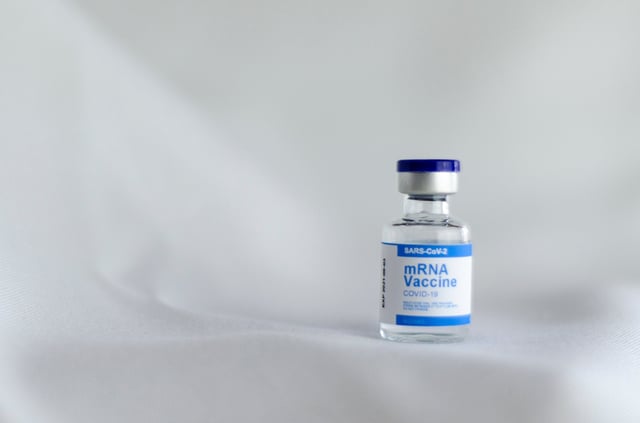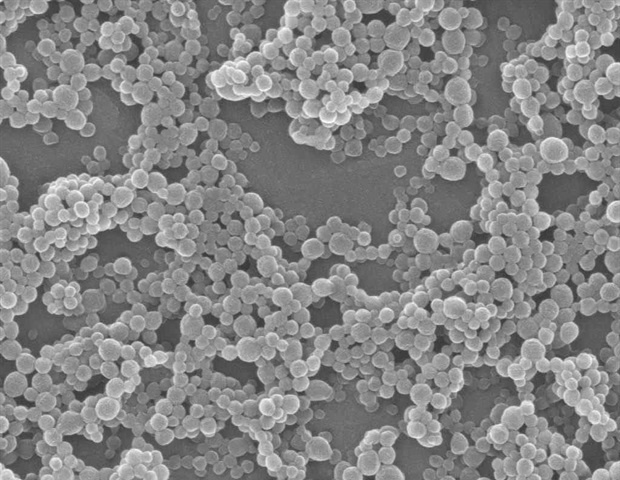Overview
- The polymer, poly(carboxybetaine) (PCB), serves as a stealthy alternative to poly-ethylene glycol (PEG) in lipid nanoparticle formulations.
- PCB’s super-hydrophilic, zwitterionic structure maintains nanoparticle stability while reducing recognition by the immune system.
- The findings published on May 29 in Nature Materials confirm PCB’s effectiveness in preclinical vaccine models without adverse immune responses.
- Cornell collaborators include Weill Cornell Medicine, Houston Methodist Cancer Center, the Hospital for Sick Children in Toronto and the National Cancer Institute to advance mRNA cancer vaccine trials.
- Supported by the National Institute of Allergy and Infectious Diseases and the National Cancer Institute, the research addresses the need for higher-dose mRNA vaccines in immunosuppressive tumor environments.

